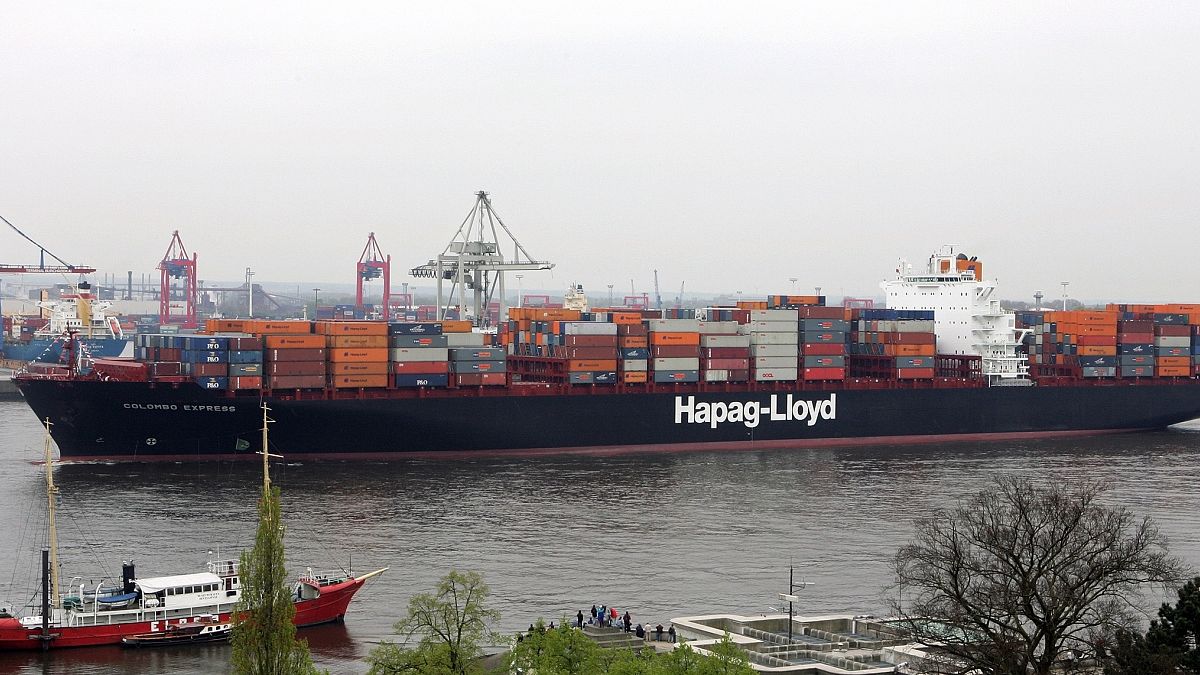The European drug trade is escalating, with cocaine seizures in major European ports tripling over five years, according to the German interior ministry. To address this growing security threat, European ministers are meeting with South American counterparts in Hamburg, Germany. The European Commission has described the surge in cocaine imports as a serious concern and has called for increased international cooperation to combat drug cartels. The newly established European Ports Alliance aims to make deep-sea ports safer to prevent the entry of large quantities of cocaine.
In response to the escalating drug-related violence, the ministerial meeting includes representatives from several European countries, as well as the EU police agency Europol and South America, a major source of cocaine imports to Europe. The Commission’s efforts to counter rising organized crime have become more urgent, following record-breaking cocaine seizures in Rotterdam, the Netherlands, and Algeciras, Spain. Hamburg, one of Europe’s busiest ports, saw a threefold increase in cocaine seizures, reaching nearly 44 tonnes in 2023. This surge in drug trafficking has also led to a rise in gang-related violence and overdose-related deaths.
Belgian interior minister Annelies Verlinden highlighted how criminals are adapting to increased security measures by jettisoning illicit cargo from fishing boats before reaching the port of Antwerp. Additionally, Costa Rica, a major hub for drugs destined for Europe, sought assistance from Brussels to address the surge in trafficking-related murders. In a separate enforcement effort, French police arrested over 190 individuals in March as part of a massive anti-drug operation. The escalating drug trade poses a significant challenge for European authorities, necessitating enhanced security measures and international collaboration to combat drug cartels and reduce drug-related violence.

























